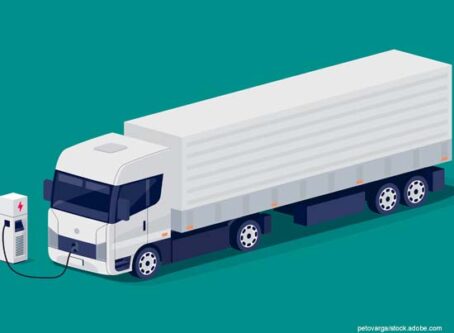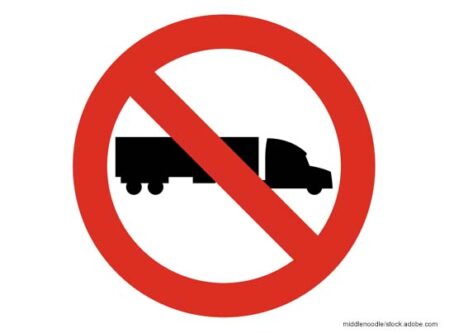Wisconsin enacts two new laws permitting certain heavier truck loads
Two new Wisconsin laws are touted by supporters to help reduce the number of trucks on roadways in exchange for permitting certain heavier truck loads.
The first new law covers permits for oversize and overweight transport of pig iron.
Previously SB363, the new law creates a definition for metallic or nonmetallic scrap that is identical to the Wisconsin Department of Transportation’s definition for recyclable scrap. The new definition explicitly includes pig iron.
Sen. Joan Ballweg, R-Markesan, has described pig iron as a raw material to support the utilization of scrap iron and steel to create new iron and steel products.
Speaking to the Senate Transportation and Local Government Committee, she said her legislation allows pig iron to be transported by trucks using the state DOT’s garbage, refuse, and recyclable scrap permit. The permit allows trucks to carry overweight loads.
Ballweg said that carriers previously were able to transport pig iron under the aforementioned permit, but WisDOT recently began enforcing their interpretation that pig iron could not be transported using this permit.
She said the changes in SB363 allow the metalcasting industry and its carriers to continue transporting pig iron at the weight levels they did previously. As a result, she said fewer trucks will be on the road and there will be reduced transportation costs.
The new law includes a provision to ensure federal funding is not affected. Specifically, the heavier truck loads permit does not apply on highways designated as part of the national system of interstate and defense highways.
Not all information provided to lawmakers about the change was glowing.
According to a fiscal analysis attached to SB363, the state DOT assumes that an increase in heavy truck traffic would lead to “increased degradation of the pavement and structures.” The agency reported costs associated with maintenance and repair resulting from heavier truck loads cannot be adequately estimated.
OOIDA remains committed to opposing increased weight limits.
“It is extremely rare to see a reduction in the number of trucks on the road when allowing for overweight loads,” OOIDA Executive Vice President Lewie Pugh said. “Whatever benefits lawmakers and advocates for heavier trucks claim are often outweighed by the damage to our already failing roads and bridges.”
Milk haulers
Another new law covers the transportation of fluid milk products, including whey.
Previously SB431, the new law authorizes WisDOT to issue annual or consecutive month permits for truck loads hauling fluid milk product between processing facilities in vehicle combinations that exceed general highway weight limitations. Permits are authorized to operate affected vehicles up to 18,000 pounds in excess of the 80,000-pound maximum gross vehicle weight.
The state DOT is prohibited from imposing different conditions for these permits for different fluid milk products. Fluid milk products are defined as raw milk and liquid milk products and byproducts, including liquid whey and whey byproducts.
Ballweg previously told lawmakers that “whey has long been used as an animal feed and fertilizer, but today, the bulk of whey is further processed for sale as protein powder and other value-added dairy ingredients.”
She added that the change will allow Wisconsin’s dairy industry to compete against other states that permit heavier truck loads for dairy products.
The bill was drafted at the request of the Wisconsin Cheese Makers Association. LL









